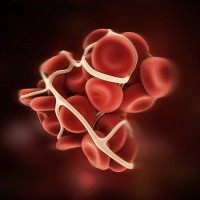
Sometimes it seems like blood clots rule my life. It was a clot that caused my stroke in 2002, precipitated by the autoimmune clotting disorder antiphospholipid syndrome (APS). APS has a nasty tendency to “re-thrombose” — that’s the medical jargon I read, soon after my stroke, telling me I was highly likely to have another. […]
Read More...








